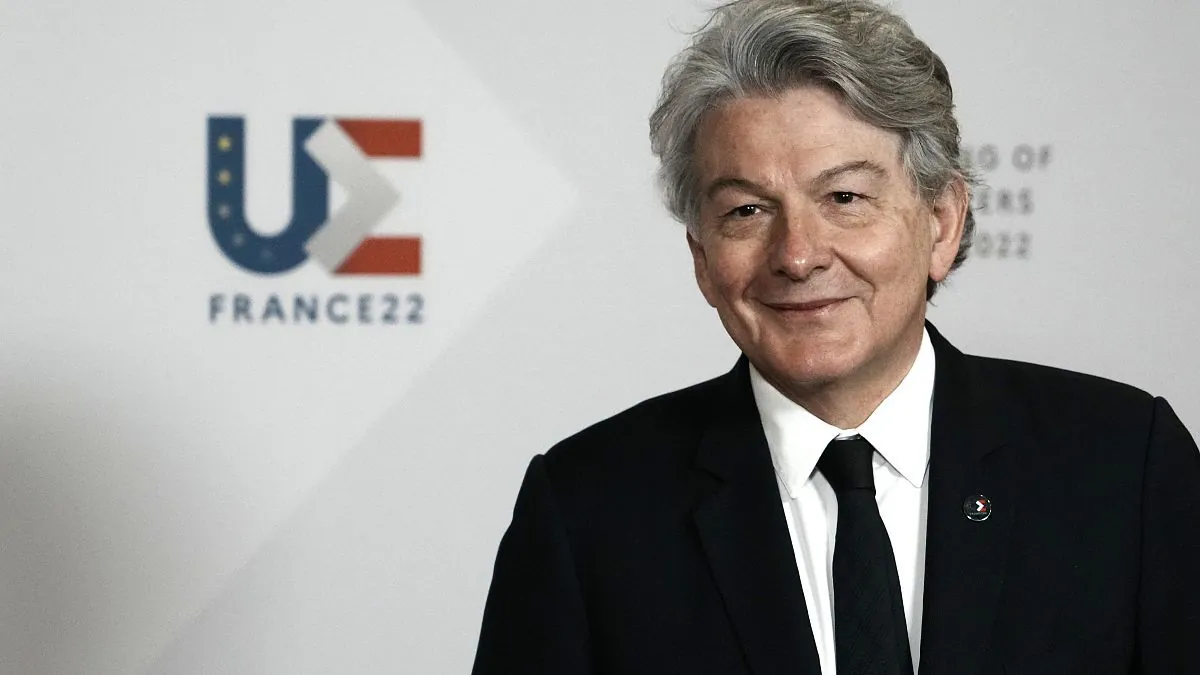The European Union has taken a significant step in its defence policy by nominating its first-ever defence commissioner. Andrius Kubilius, a former prime minister of Lithuania, has been selected for this groundbreaking role. However, it's crucial to note that this position does not come with direct military authority or substantial financial resources.
Kubilius' primary objective will be to strengthen Europe's arms industry by encouraging EU member states to increase their spending on European-made weapons and engage in joint procurement efforts. Additionally, he will work to foster greater cooperation among defence companies across national borders.
This new position reflects the EU's growing focus on security matters, particularly in light of Russia's invasion of Ukraine approximately 2 years and 7 months ago. The appointment also aligns with European Commission President Ursula von der Leyen's vision for the EU to play a more prominent role in defence policy.
The creation of this role comes with several challenges:
- Limited legal mandate
- Resistance from some EU member states
- Potential conflicts with NATO initiatives
- Insufficient funding for proposed projects
Despite these obstacles, the EU is determined to strengthen its defence capabilities while respecting national sovereignty. Von der Leyen emphasized, "Member states will always be responsible for their armed forces – from doctrine to deployment. But there is a lot that Europe can do to support – in terms of investment, industry, procurement, research, innovation and much more."
The EU has been gradually expanding its defence initiatives over the years. The Common Security and Defence Policy (CSDP) was established in 1999, followed by the creation of the European Defence Agency in 2004. More recently, the Permanent Structured Cooperation (PESCO) in defence was introduced in 2017, along with the European Defence Fund.
Kubilius will be tasked with proposing defence projects of "common European interest" to protect against air and cyber attacks. He will also work on transforming the Commission's defence industrial strategy into legislation. However, the initial funding of 1.5 billion euros for these initiatives is relatively modest in the context of military procurement.
To succeed in his mission, Kubilius will need to secure additional funding and convince EU member states to allocate resources to these initiatives. This challenge is particularly significant given that the EU's total defence spending in 2022 was approximately €200 billion.
As the EU continues to evolve its defence policy, it must balance the need for increased cooperation with respect for national sovereignty and existing alliances. The success of this new defence commissioner role could have far-reaching implications for European security and the continent's arms industry in the years to come.
